Low Ferritin Levels And Hair Loss: 8 Causes And How To Fix Them
Learn how low ferritin and hair loss are related to revitalize your locks
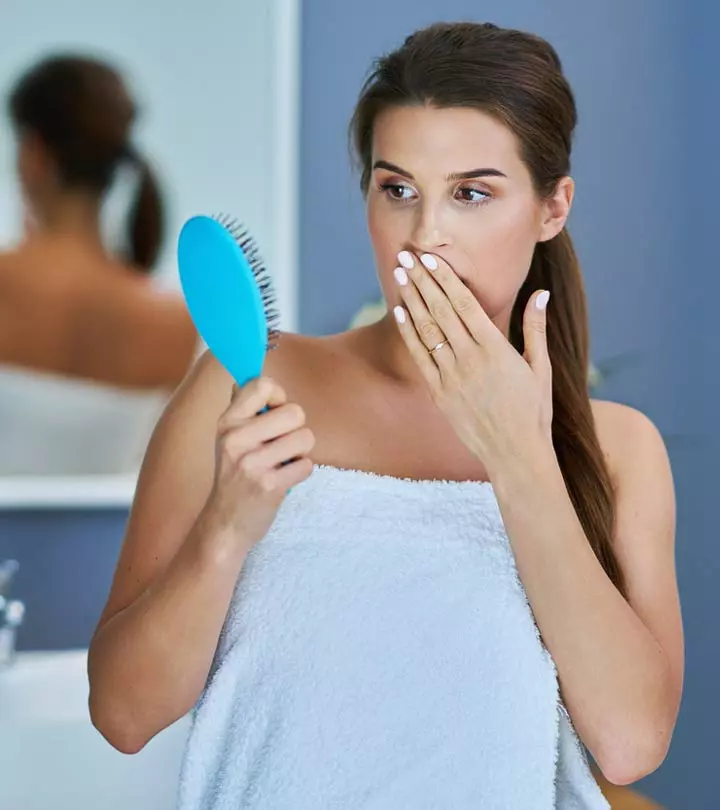
Image: Shutterstock
Have you recently noticed excessive hair fall? It could be due to low blood ferritin levels. Wondering how? Low ferritin levels can affect your hair growth and weaken the hair from the roots. As a result, you may notice heavy hair loss and not enough hair growth. While researchers believe that low ferritin levels can affect overall hair quality, contradictory studies refute any relation between ferritin levels and hair loss.
This article explains how low ferritin levels may affect your hair health, the cause of low ferritin levels, and how to prevent that. Scroll down.
In This Article
What Is Ferritin?
Ferritin is a protein that stores iron and releases it only when the body requires iron. Ferritin is stored in the body cells and hair follicles. If your body does not have enough ferritin, you may experience iron deficiency.
Iron deficiency and low ferritin levels are often associated with hair loss, especially in women. The next section explores the link between the two.
Key Takeaways
- Ferritin is a protein in hair follicles.
- Low ferritin levels may trigger hair loss.
- Improper diet, pregnancy, and menstrual blood loss may cause low ferritin levels.
- Consuming iron-rich foods and having a balanced diet may combat low ferritin levels.
Ferritin And Hair Loss: What Is The Link?
The role of iron in hair loss is still unclear, and further research is required to arrive at a conclusion. However, several studies have found a possible connection between low ferritin levels and hair loss in women:
- A study involving 30 women with chronic telogen effluvium (hair loss) found that all had low serum ferritin levels. An oral iron treatment with ferrous sulfate (600 mg/day) for four months improved their serum ferritin level to 18.7 ng/mL and promoted hair growth (1).
- Another study evaluated 210 patients with male and female pattern baldness (receding hair line and hair loss on the crown) and found that serum ferritin levels were low in women with pattern baldness (55.8 µg/L) compared to healthy women (48.32 µg/L) (2).
- An analytical case-control study indicated that serum ferritin levels below or equal to 30 ng/mL might be associated with telogen effluvium in women (3).
- Researchers linked low serum ferritin levels to chronic telogen effluvium and diffuse hair loss (hair thinning across the scalp). Around 57.5% of the participants with diffuse hair loss had serum ferritin levels below 12 µg/L (4).
However, another study claims that there is no connection between serum ferritin levels and hair loss. A ferritin concentration of 10-15 µg/L is considered low and diagnosed as iron deficiency. The study evaluated patients with either female pattern baldness and telogen effluvium or both and found no relation between hair loss and low serum ferritin levels (below 10 µg/L) in healthy women with pattern baldness and telogen effluvium or both (5).
Further studies are required for solid evidence of iron deficiency hair loss. However, iron supplements have been a popular treatment for low serum ferritin levels and associated hair loss.
Before we discuss the preventive measures, it is crucial to understand what may deplete your body’s ferritin levels.
Causes Of Low Ferritin Levels
There are multiple reasons for low ferritin levels in women (5):
- Menstrual blood loss
- Pregnancy
- Lactation
- Decreased absorption
- Gastrointestinal issues
- Improper diet and insufficient intake
- Use of an intrauterine device
- Anemia
In a study comprising 343 people with alopecia, hemoglobin tests were requested for 98% and ferritin for 88%. Ferritin tests were more common in women. Anemia was observed in 5.8% and iron deficiency in 24.2% of patients. A higher percentage of females displayed anemia and iron deficiency.
While a blood test is the best way to determine low serum ferritin levels, you may also check for these primary symptoms.
Symptoms Of Low Ferritin Levels
Although it is possible to have low serum ferritin levels and be asymptomatic, many women may experience symptoms like:
- Fatigue and weakness
- Dizziness
- Headaches
- Scalp hair loss
- Body hair loss
- Irritability
- Weight gain
If you have experienced any of these symptoms, consult a doctor and get yourself tested. If you have low serum ferritin levels, you may follow the tips to maintain a healthy range.
 Trivia
TriviaWays To Maintain Healthy Serum Ferritin Levels
1. Consume Iron-Rich Foods
If your ferritin is low, balance it with your diet. Consume food like poultry, iron-fortified foods, seafood, leafy greens, vegetables, legumes, and dairy products to improve your iron levels (6).
2. Take Iron Supplements
Supplements are an easy way to meet the daily dietary requirement of iron in your body. However, do not take them without a proper diagnosis. Consult your doctor for the recommended dosage.
Ensure that your body has enough iron or ferritin to maintain body functions and hair health. However, the ideal ferritin levels may differ, depending on numerous factors.
What Should Your Normal Ferritin Levels Be?
The normal serum ferritin levels in women are a controversial topic. Different laboratories consider different ranges. However, it should not be below 10 µg/L for menstruating women and 30 µg/L for non-menstruating women. Many laboratories consider ferritin levels beyond 200 µg/L in women as abnormal (5), (7).
Excess iron supplements can cause iron toxicity and other side effects. Let’s take a look.
Risk Factors And Precautions To Consider
Taking too much iron supplements may cause:
- Diarrhea
- Nausea
- Stomach pain
- Constipation
- Vomiting
Also, pregnant and lactating women should not self-medicate and have to consult a doctor before taking iron supplements.
Although many studies have suggested that ferritin levels affect your hair growth, further research is warranted due to the contradictory results of some studies. However, people with hair loss and patterned baldness were found to have low blood ferritin levels in most studies. Low ferritin (a protein that stores iron) levels lead to reduced levels of iron, which affects your hair health. Consequently, treatment with ferrous sulfate can reduce hair loss and improve hair growth. If you are diagnosed with low ferritin levels, consume iron-rich foods or take iron supplements. However, consult a doctor for the recommended dosage.
Frequently Asked Questions
How long does it take to get ferritin levels up?
It generally takes 7 – 10 days to get ferritin levels up. However, the time period may slightly vary from person to person.
Does B12 affect ferritin levels?
Yes, B12 affects ferritin levels. Research shows that with the increase in ferritin levels, there is a decrease in B12 levels and vice versa.
What cancers cause low ferritin levels?
Pancreatic, colorectal, and lung cancers may cause low ferritin levels.
Does low ferritin cause anxiety?
Yes, low ferritin levels trigger anxiety, sleeplessness, and depression.
Is ferritin a tumor marker?
Yes, ferritin is a tumor marker expressed by renal cell carcinoma.
Can you exercise with low ferritin levels?
No, it is not usually safe to exercise with low ferritin levels, as it may further aggravate iron deficiency.
Is ferritin related to Covid19?
People with severe Covid19 infection may have low ferritin levels.
Learn how low ferritin levels indicate insufficient iron stores, causing hair loss and thinning. The video below showcases a personal story about dealing with low ferritin symptoms and subsequent hair loss due to it. Click play to know more.
References
Articles on StyleCraze are backed by verified information from peer-reviewed and academic research papers, reputed organizations, research institutions, and medical associations to ensure accuracy and relevance. Read our editorial policy to learn more.
- A potential relation between telogen effluvium and iron deficiency in adult females
https://www.researchgate.net/publication/228646788_A_potential_relation_between_telogen_effluvium_and_iron_deficiency_in_adult_females - Iron Plays a Certain Role in Patterned Hair Loss
https://www.ncbi.nlm.nih.gov/pmc/articles/PMC3678013/ - Iron status in diffuse telogen hair loss among women
https://pubmed.ncbi.nlm.nih.gov/20021982/ - Correlation of serum ferritin levels, in female patients with chronic diffuse hair loss: A cross sectional study
http://www.lww.com/ - No Association between Serum Ferritin Levels >10 μg/l and Hair Loss Activity in Women
https://www.karger.com/Article/FullText/118505 - Impact of Thyroid Dysfunction on Hair Disorders
https://www.ncbi.nlm.nih.gov/pmc/articles/PMC10492440/ - Association of Hypothyroidism With Low Serum Ferritin Levels and Iron-Deficiency Anemia During the First Trimester of Pregnancy
https://www.ncbi.nlm.nih.gov/pmc/articles/PMC9498961/ - Iron Deficiency Anemia
https://www.ncbi.nlm.nih.gov/books/NBK448065/ - Iron
https://ods.od.nih.gov/factsheets/Iron-HealthProfessional/ - Management of Elevated Serum Ferritin Levels https://www.ncbi.nlm.nih.gov/pmc/articles/PMC3093720/
Read full bio of Ramona Sinha
Read full bio of Anjali Sayee
Read full bio of Swathi E

 Pro Tip
Pro Tip


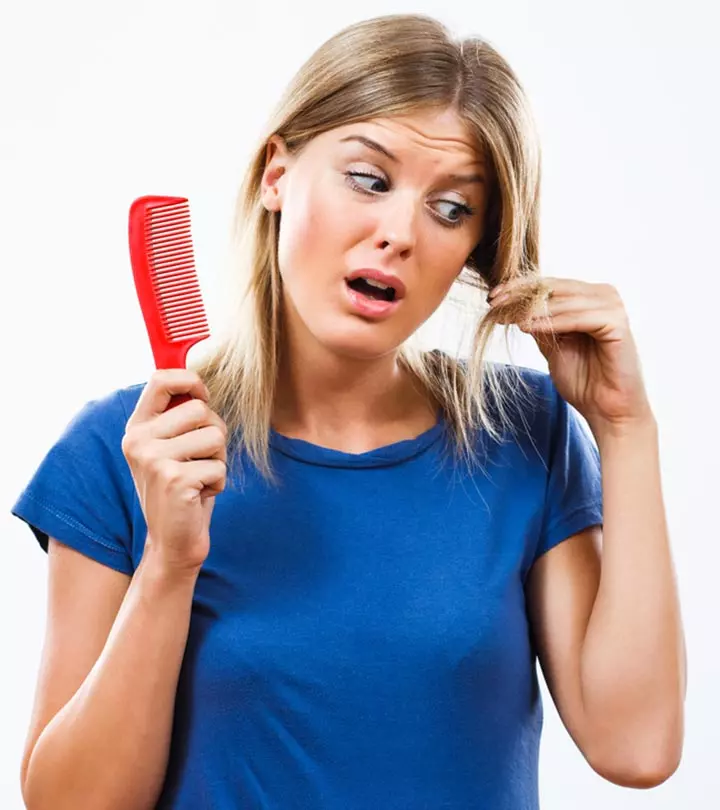
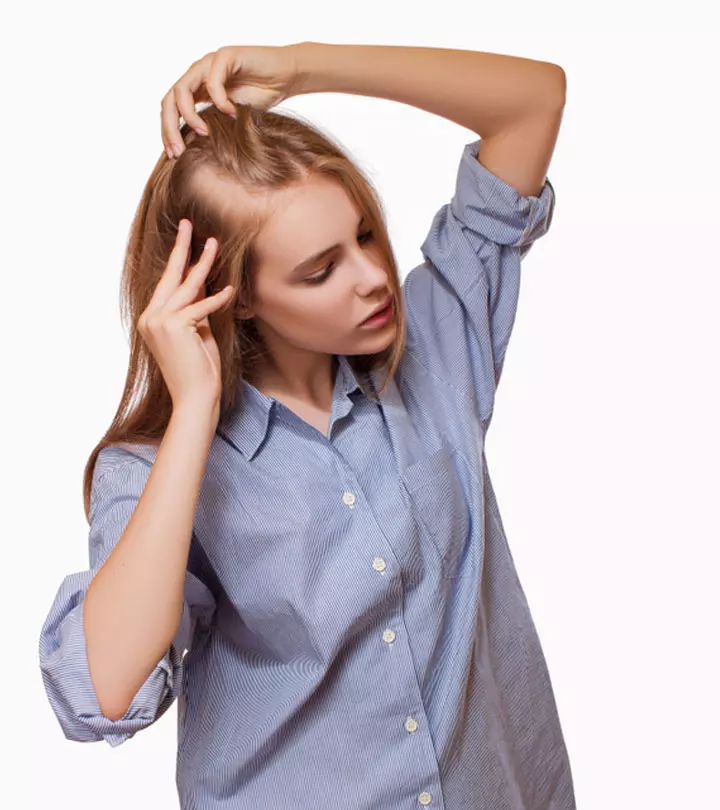
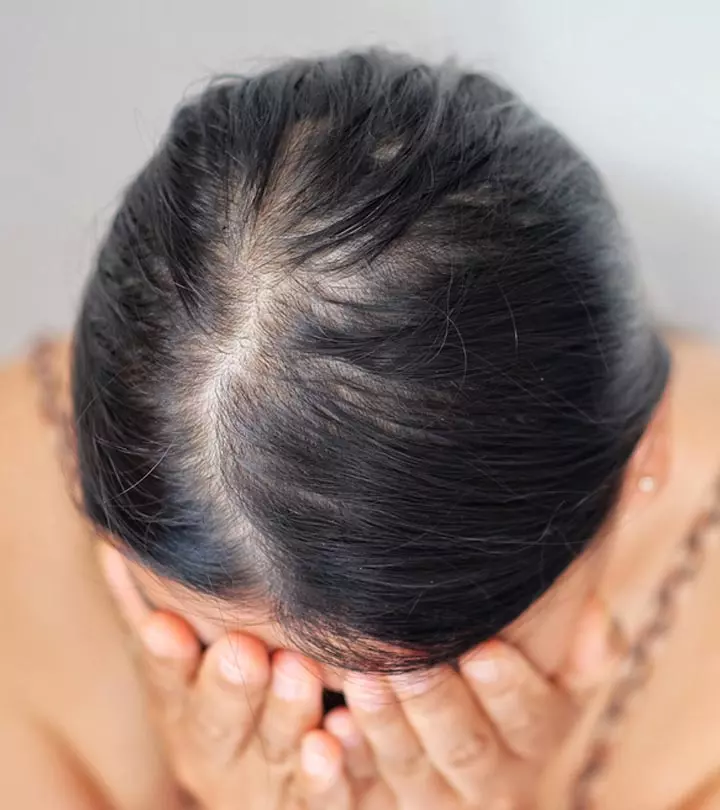
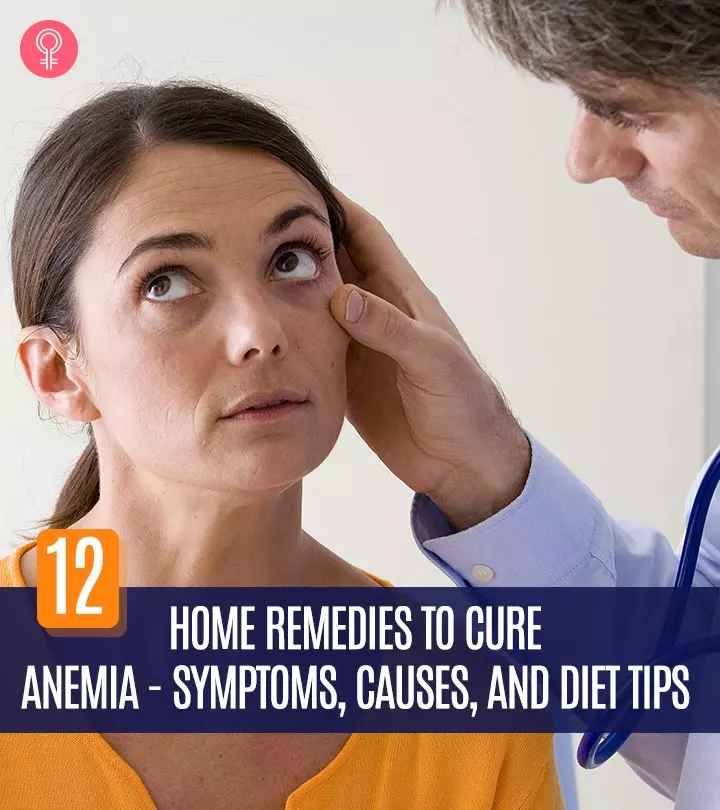
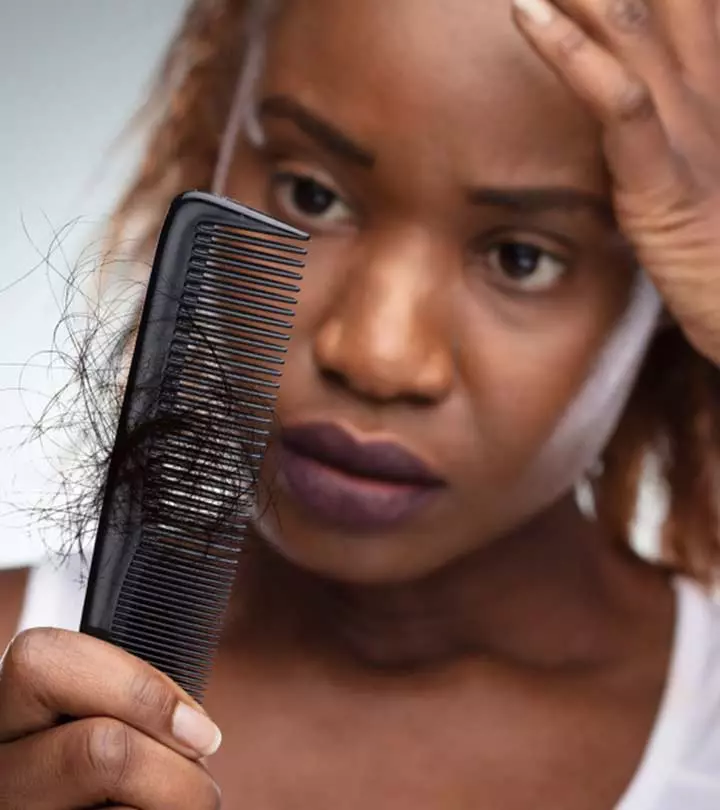
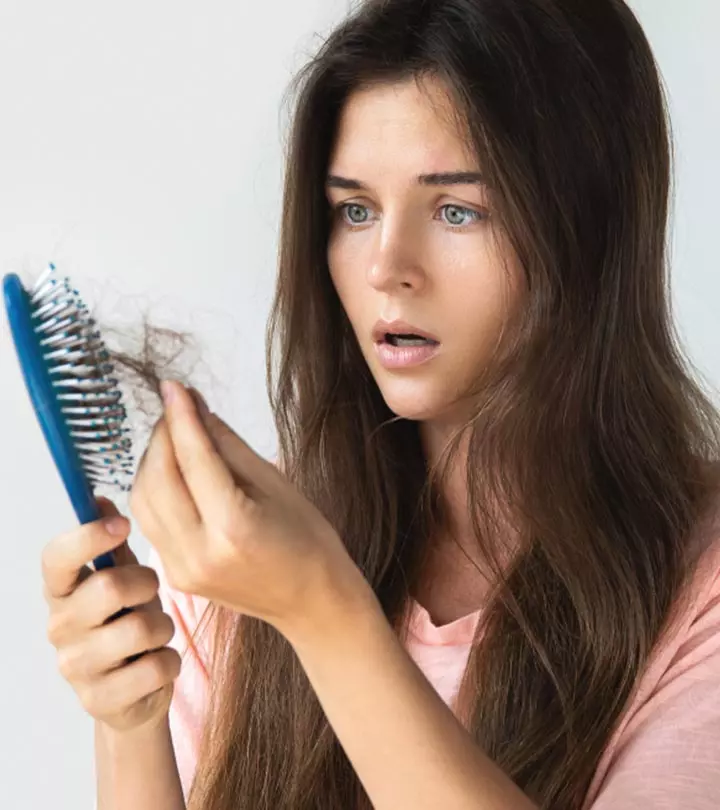

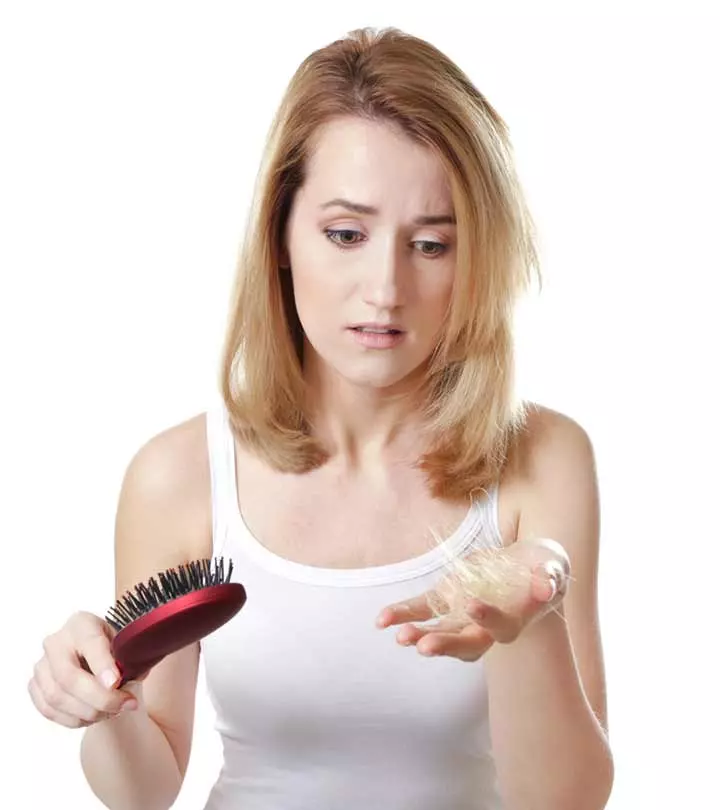

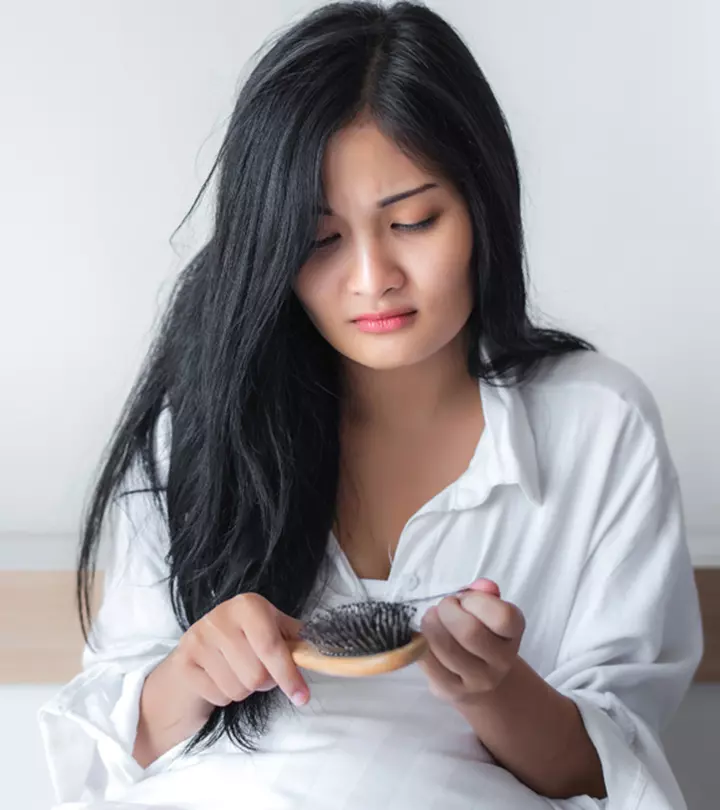
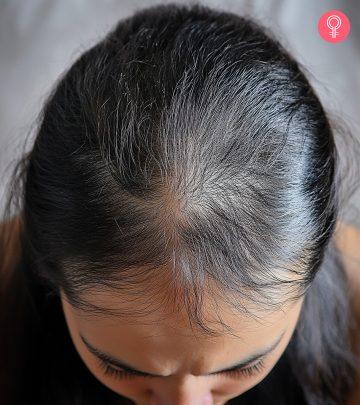
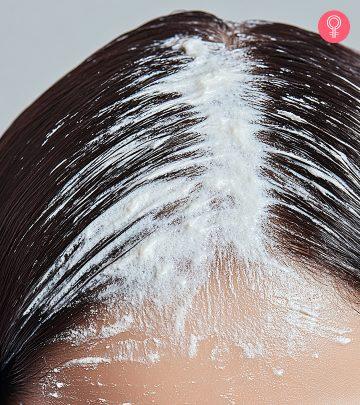



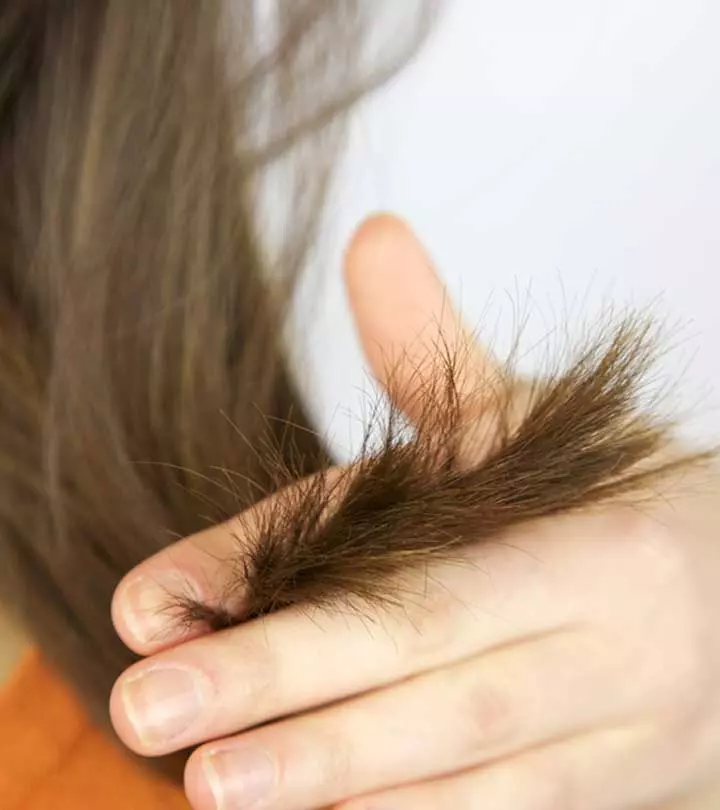
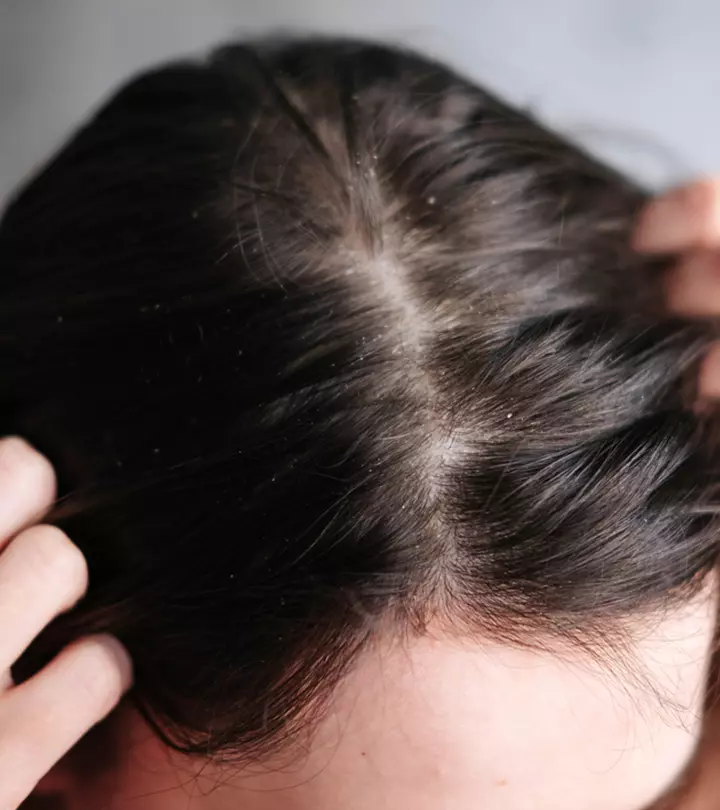
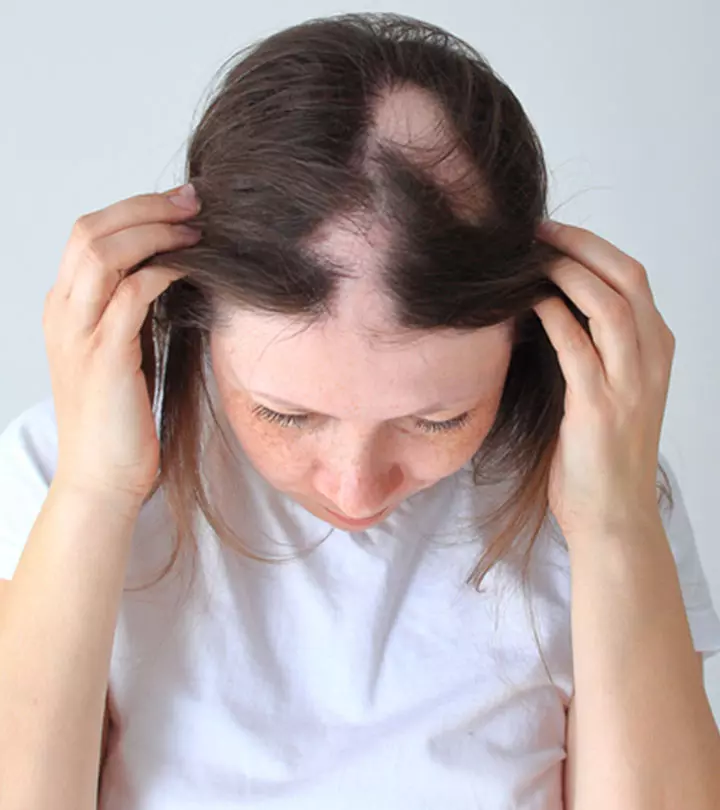

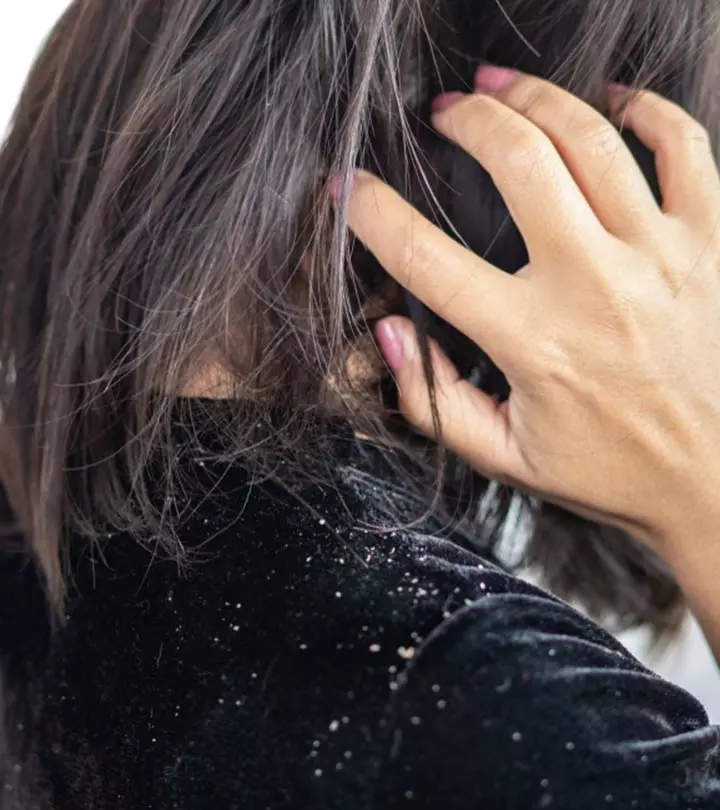

Community Experiences
Join the conversation and become a part of our empowering community! Share your stories, experiences, and insights to connect with other beauty, lifestyle, and health enthusiasts.